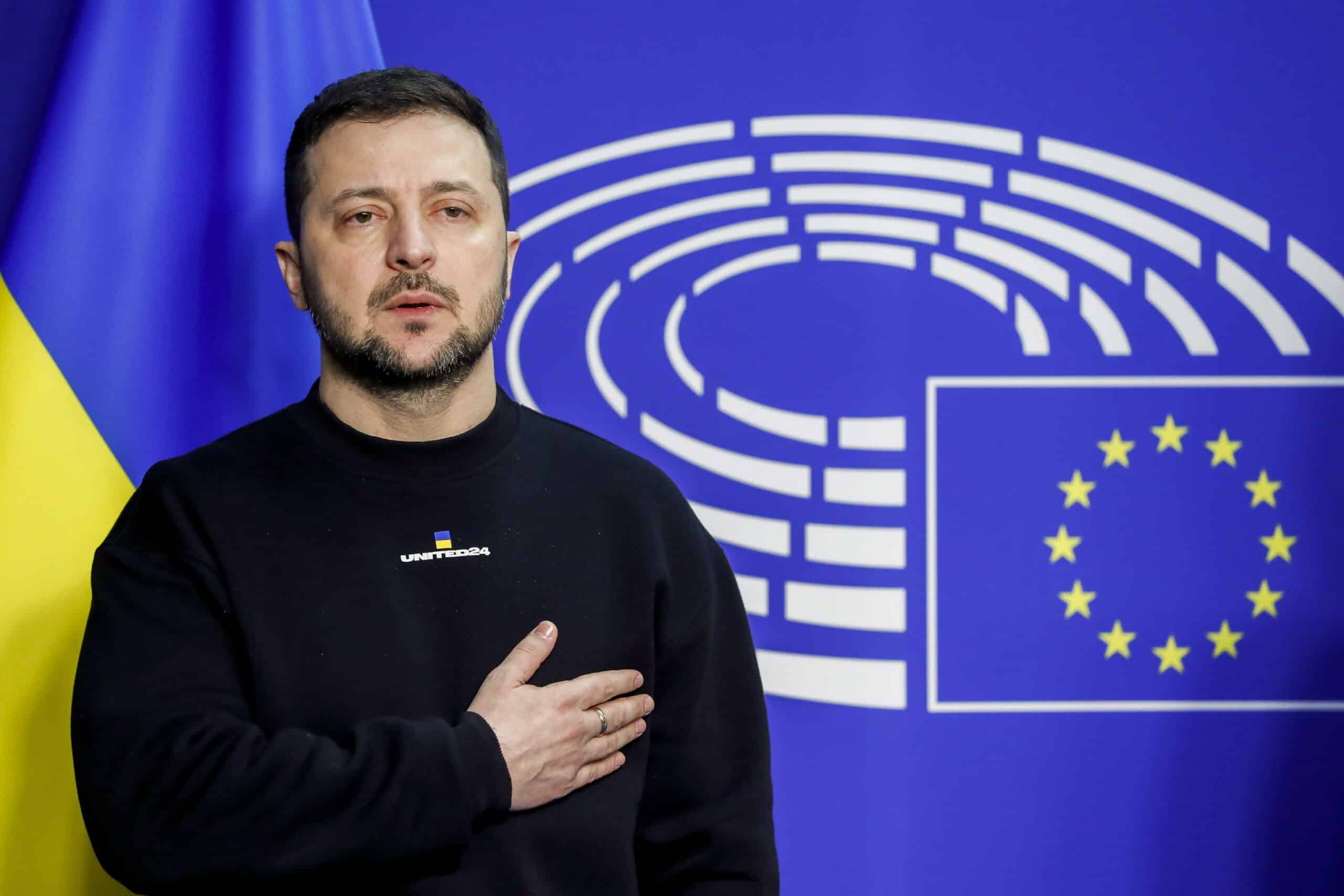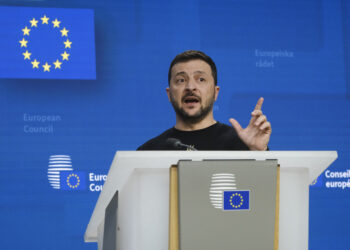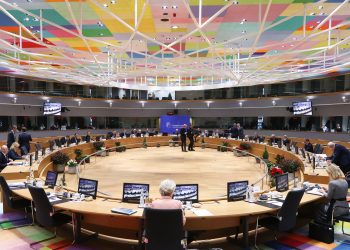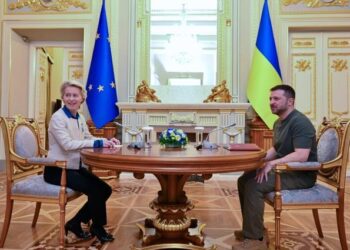Brussels – The European Parliament endorsed the EU’s commitment to its G7 partners: with 518 votes in favor, 56 against, and 61 abstentions, the Strasbourg Chamber approved the establishment of a new macro-financial assistance facility (MFA) to guarantee Ukraine a loan of up to 35 billion euros, which Kyiv will be able to repay using the extra proceeds from Russian assets frozen in the EU.
The loan is part of the G7 package, agreed last June in Puglia, to provide up to $50 billion – about 45 billion euros -in financial support to Kyiv. During a visit to the Ukrainian capital in mid-September, Ursula von der Leyen took on a significant portion, promising Volodymyr Zelensky and G7 allies that the EU would cover up to 35 billion euros. The text approved by the European Parliament specifies that “the final amount of the EU contribution could be less, depending on the size of loans provided by other G7 partners.”
All Italian parties voted in favor of the new funds, except for the League, which abstained, as did France’s Rassemblement National, also part of Viktor Orbán’s Sovereignist Patriots for Europe coalition. The League’s EU delegation declared that “support for Kyiv cannot turn into a blank check, without any control and conditionality related to the purchase of armaments” and that “if there is a true desire for peace, EU funding cannot in any way encourage the escalation of war.” On the other hand, according to Brando Benifei, MEP for the Democratic Party, it is “a just instrument because the cost of support to Ukraine must be paid by those who are responsible.”
EU Justice Commissioner Didier Reynders stressed the “record speed” to finalize the dossier: member states already informally approved the proposal, and the Council announced that it will formally adopt the regulation by written procedure after today’s vote. The EU commissioner justified the urgency of the additional support by citing International Monetary Fund estimates that Kyiv’s financing gap “could reach $41.5 billion in 2025, or $15.6 billion more than previously projected.”
The Ukraine loan cooperation mechanism will provide macro-financial support by collecting profits generated by Russian assets and making them available to Kyiv to repay loans from the EU, the G7, and “potentially other countries that wish to join.” Reynders underlined that the loan from Brussels, to be disbursed through the end of 2025, “will be linked to the fulfillment of specific political preconditions set within the framework of a memorandum of understanding with Ukraine.” While it is possible to use the funds from the mechanism to service and repay loans, Kyiv “can allocate the AMF funds as it sees fit.”
English version by the Translation Service of Withub







